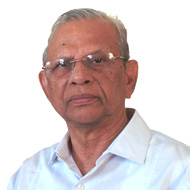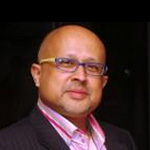About the Book
Serialized in his column, the experiences of the author’s residence at Cambridge during the mid-sixties were first published in a national weekly. He had not kept a journal during that period and as such he had to depend chiefly on memory. A nostalgia of the ambience of this Stone House has naturally been the driving force as he kept writing the column week after week.
The author had chosen to become an undergraduate at Cambridge a few years before the birth of Bangladesh in the wake of the genocide committed by the Pakistani occupation army in 1971. But the movement for autonomy back home was gaining ground while he was staying at Cambridge. This he has narrated in appropriate contexts in the book.
When he joined Fitzwilliam College in the Michaelmas Term, 1964 the first few things he had to encounter is the cold, the loneliness and the cultural shock. The first Term over, he overcame all these and started to see in this medieval city its charm that held out for him its beauty, its heritage, its rich academic atmosphere and the particular strength of his own discipline, English literature. Led by persons like I A Richards, William Empson, F. R. Leavis this phase of critical theory in the 20th century came to be known as the Cambridge School of English Criticism. It makes him feel proud to think that he had been at least on the fringe of this phase of literary history. Listening to lectures by Empson and Leavis was for him an unforgettable experience.
The author lavishes particular care on his friends who lent him support and sensitized his personality with ideas and association. Visiting places on certain occasions unfolded before him the diversity of nature and men and the unity that does the bonding for a peaceful world with the past and present adding particular grace to that chemistry.
The author is particularly proud of his own College representing the new architecture in Cambridge. More so, because it has produced, a person like Lee Kwan Yew, the master builder of Singapore which he turned from a fishing village to the busiest financial hub of the First World. During the last 50 years or so, the College has made great strides and has emerged as one of the finest seats of learning in the world. The alumni have done excellently well in their respective areas of professional career. This book would give them a brief look at how the College and Cambridge as a whole stood at a tumultuous time of the last century.
First Edition: January 2016
Publisher: MetaKave Publications, Dhaka, Bangladesh
Cover Design: Dr. M. Rafiqul Alam
ISBN No: 978-984-34-0048-2
Pages: 171
Binding Type: Hard Cover
Price: US $10 / GBP £10 / EUR €10
+ shipping cost
ORDER NOW
